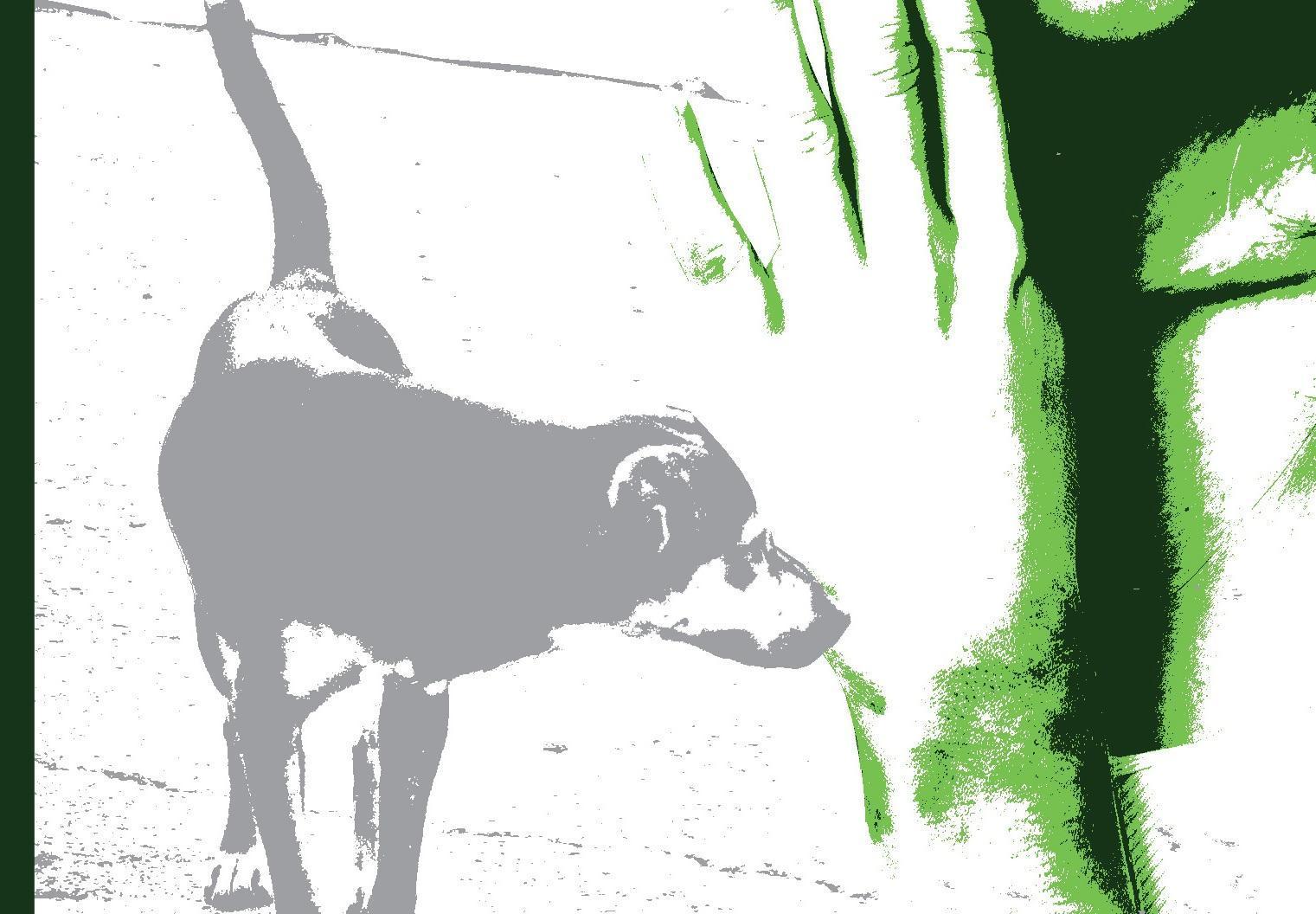‘Exile’ by Çiler İlhan

‘Exile’ by Çiler İlhan, translated by Ayşegül Toroser Ateş (Istros Books, £9, 130 pages)
The stories brought together in “Exile” span a disparate panorama. The book amounts to little over 100 pages but Turkish author Çiler İlhan spreads a wide canvas: From Turkey itself to India, Pakistan, Iraq and Bosnia. The stories included are also tonally varied, including fragments narrated by dogs, robots and people. All are monologues by a variety of real-life and fictional characters.
Despite this variety, the themes explored throughout “Exile” remain consistent. İlhan tackles hard and weighty subjects: Death, honor killings, child marriages, rape, terrorism, hopelessness, injustice. It is not laugh-a-minute stuff. İlhan presents characters ensnared in power relations, pushed by supposed “duties” into to doing bad things.

The book is divided into five sections: “Exile,” “Crime,” “Revenge,” “Cry” and “Return.” Published by Turkey’s Everest publishing house in 2010, “Exile” won the European Union Prize for Literature the following year, so the worthy subject of most of the stories should perhaps not be surprising. Much of the “Revenge” section takes place in remote, grim towns across the country’s southeast. Many of these tales are searingly direct, grappling unflinchingly with patriarchy, oppression and violence.
Every story is defined by simplicity and directness. They all provide vivid snapshots, while skipping around from place to place and scene to scene. Few go on for longer than a couple of pages. Many resemble fragment-like ideas jotted down on the page. İlhan says she wrote the book “with the hope that all those exiled from their homes, countries, bodies, souls may return to their homes within.”
Recurring throughout the book are direct and indirect references to the tragic real life story of Italian performance artist Pippa Bacca. Bacca was raped and murdered east of Istanbul in 2008 while hitch-hiking from the Balkans to the Middle East, wearing a wedding dress in a bid to promote world peace. Before setting out on the trip, Bacca had suggested that “hitchhiking is choosing to have faith in other human beings, and man, like a small god, rewards those who have faith in him.” Her murder echoes throughout İlhan’s book, neatly highlighting the gap between naive ideals and messy reality.
Grim hopelessness is the dominant theme throughout the volume’s 100 pages, and the book does end up being rather one-toned. It is also let down by an often clumsy translation. In an attempt to make the writing more natural and local, the translator opts for vernacular phrases that end up reading awkwardly. In one brief story, the mother of a girl killed in an “honor crime” reflects: “When I looked for my daughter one morning, I realized she was not around. I thought to myself, where’s she bleeding gone again, at the crack of dawn?”
But “Exile” remains stimulating throughout its brief stay. İlhan remains little-known in Turkey and abroad; she probably deserves to be more widely read, and to have a better translator.
* Follow the Turkey Book Talk podcast via iTunes here, Stitcher here, Podbean here, or Facebook here, or Twitter here.










